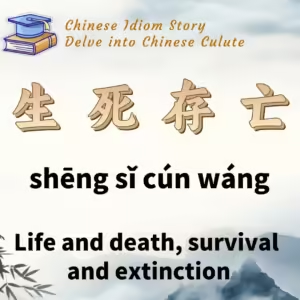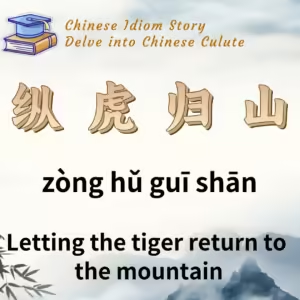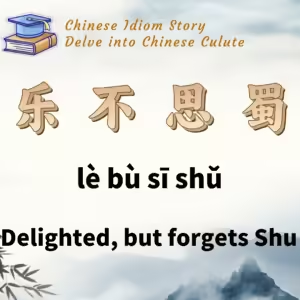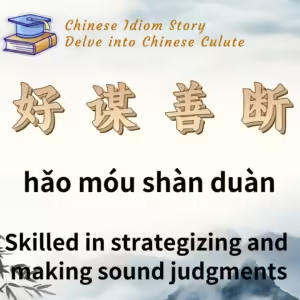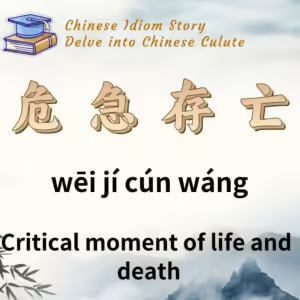
Chinese Idiom: 危急存亡 (Wei Ji Cun Wang)
English Translation: Critical moment of life and death
pīn yīn: wēi jí cún wáng
Idiom Meaning: This idiom describes a crucial moment that concerns survival or extinction.
Historical Source: 《前出师表》 (Memorial on the Expedition to the North) by Zhuge Liang during the Three Kingdoms period.
Idiom Story:
After the death of Liu Bei, Zhuge Liang was appointed to assist the young ruler Liu Shan in governing the Shu Han state. Zhuge Liang made several military campaigns against Cao Wei. In the fifth year of the Jianxing era (AD 227), Zhuge Liang led an army from Chengdu to Han Zhong, preparing for a northern expedition against Cao Wei. Before his departure, he submitted a memorial to Liu Shan, earnestly advising him on various aspects of governance, including the selection of personnel, effective management, and strict enforcement of rewards and punishments.
In this memorial, Zhuge Liang expressed his loyalty to the fallen emperor Liu Bei and analyzed the perilous situation facing Shu Han at that time. He wrote:
“I, your servant, Liang, would like to say that the late emperor’s enterprise has not yet been completed, yet he has passed away in the middle of it. Now, the world is divided into three parts, and the people of Yizhou are exhausted. This is indeed the critical moment of life and death.”
The essence of this statement is that Zhuge Liang emphasizes that the late emperor’s endeavors remain unfinished, and the realm is now divided into the three kingdoms of Wei, Shu, and Wu. The region of Yizhou is suffering from depletion of manpower and resources, marking a truly perilous moment for survival. Nonetheless, the ministers serving the emperor remain diligent in the court, and the loyal soldiers outside are willing to risk their lives. This dedication is driven by their gratitude for the special favors bestowed upon them by the late emperor, and they seek to repay this kindness to Liu Shan.
This memorial highlights the dire situation and the intense loyalty of Zhuge Liang and his men, from which the idiom “危急存亡” emerged to symbolize moments of critical importance regarding survival.

